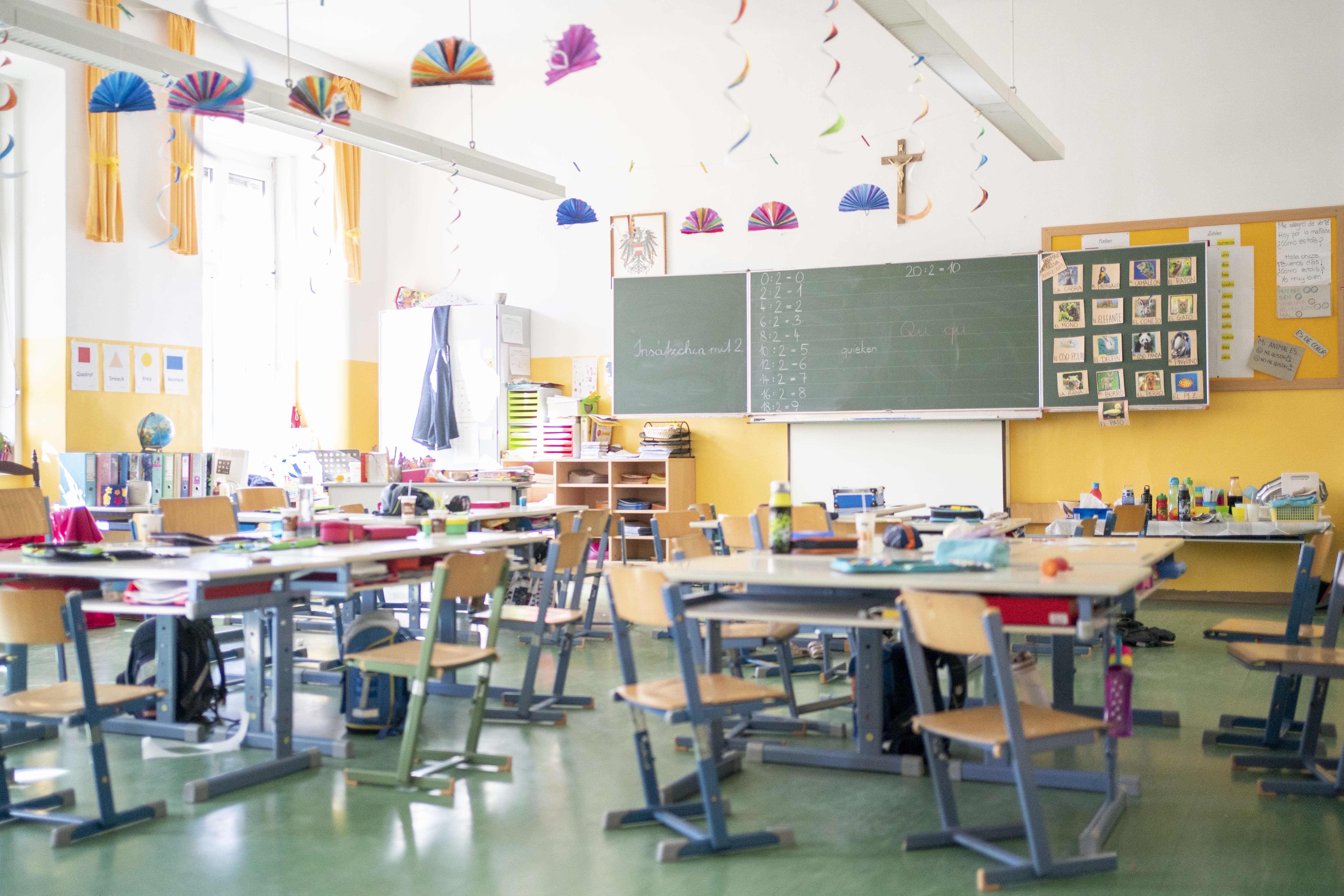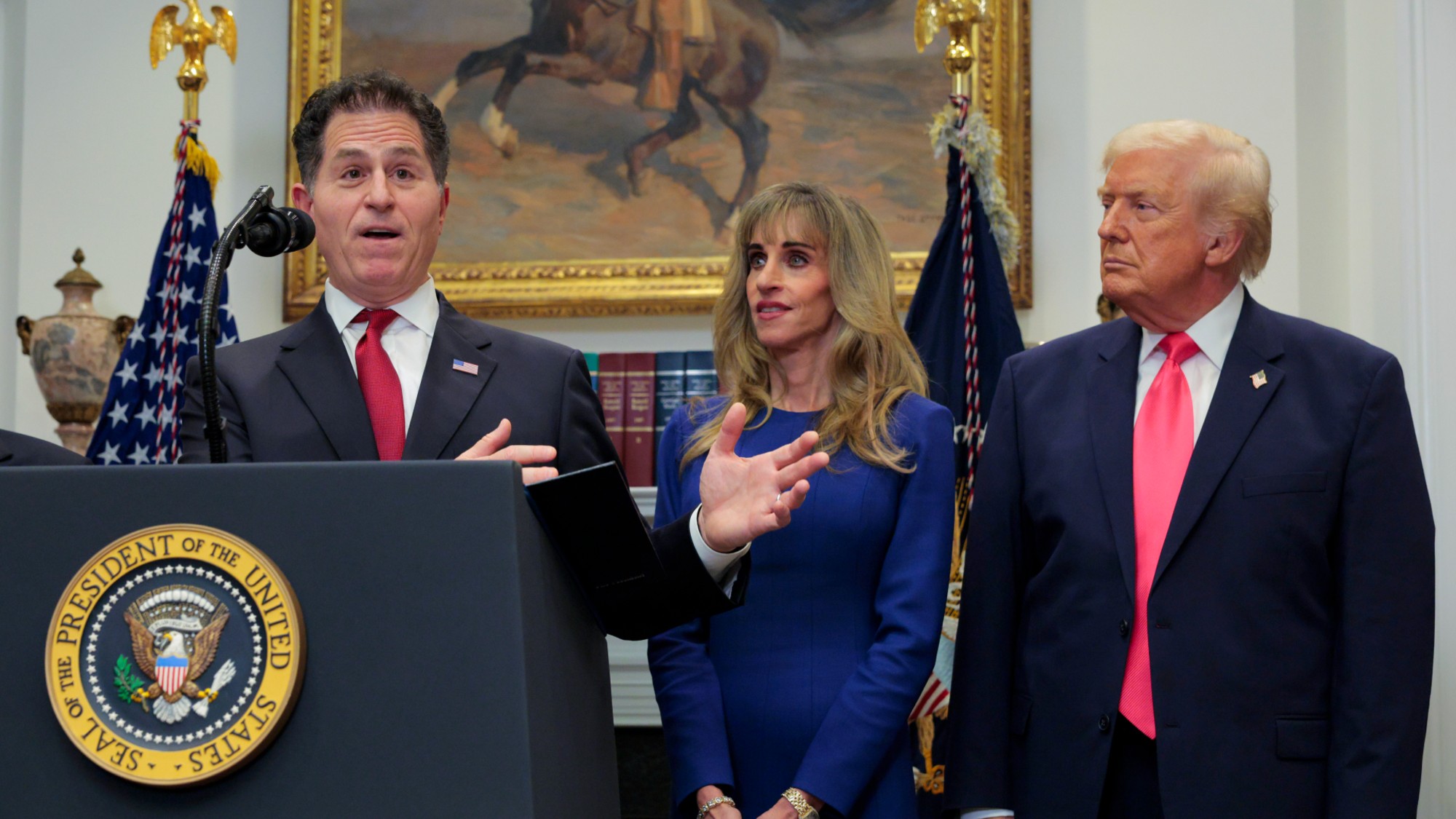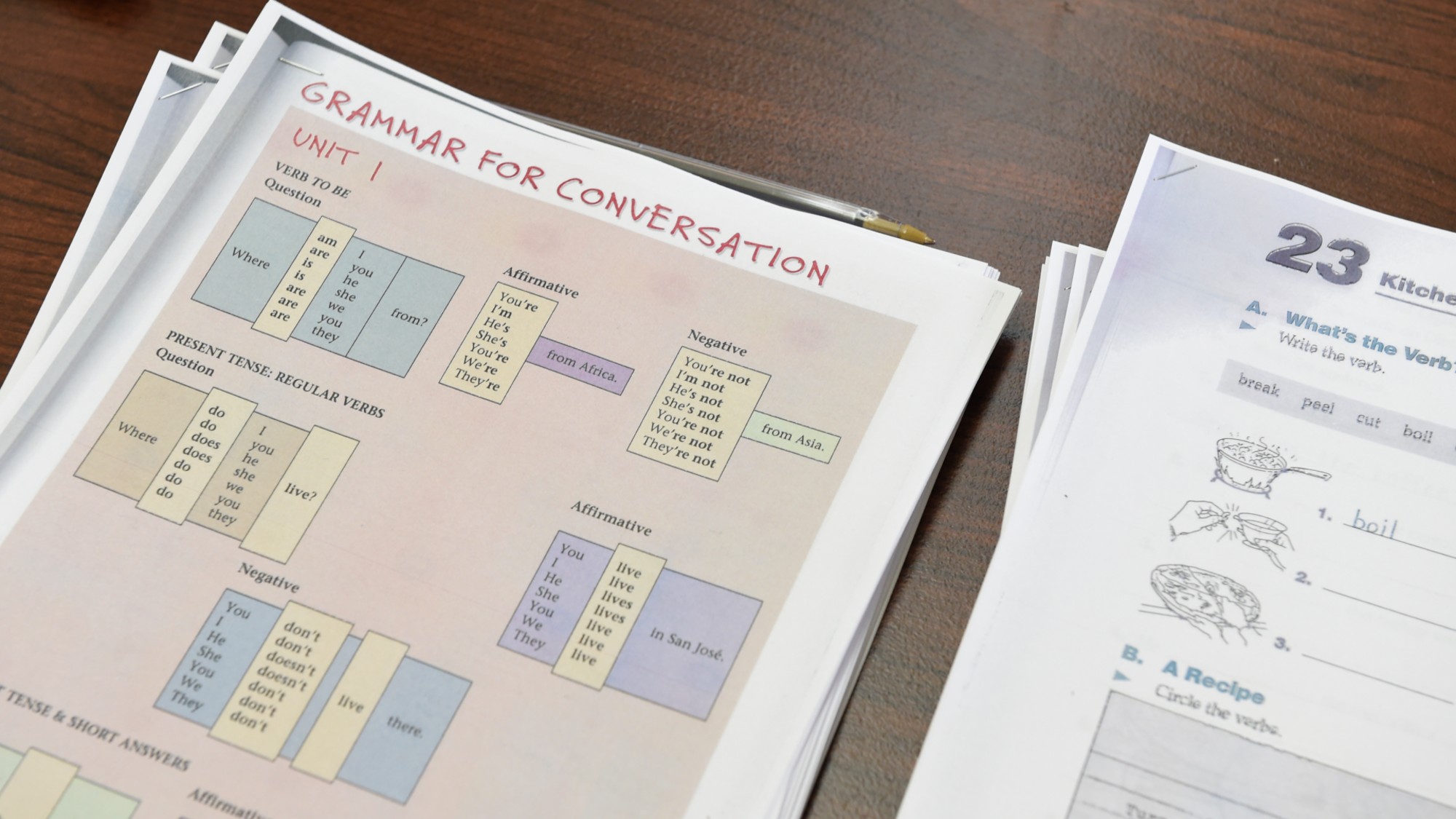Coronavirus: the pros and cons of keeping schools closed
Scientists warn against reopening schools after new evidence about the infectiousness of children

A free daily email with the biggest news stories of the day – and the best features from TheWeek.com
You are now subscribed
Your newsletter sign-up was successful
Scientists have cautioned against the reopening of schools after finding that children could be as infectious as adults.
The study discovered that even though children tend to have far milder symptoms of Covid-19, those children that are infected appear to have the same levels of the virus circulating in their body as adults.
This, The Guardian reports, suggests that schools and nurseries could act as hubs of coronavirus transmission if current restrictions were lifted.
The Week
Escape your echo chamber. Get the facts behind the news, plus analysis from multiple perspectives.

Sign up for The Week's Free Newsletters
From our morning news briefing to a weekly Good News Newsletter, get the best of The Week delivered directly to your inbox.
From our morning news briefing to a weekly Good News Newsletter, get the best of The Week delivered directly to your inbox.
“We have to caution against an unlimited reopening of schools and kindergartens in the present situation, with a widely susceptible population and the necessity to keep transmission rates low,” the study led by German virologist Christian Drosten found.
Department for Education figures show just one in ten pupils classed as vulnerable went to school in England last week. The figures were released as Unicef warned that the low number of vulnerable and disadvantaged pupils attending UK schools was “deeply concerning”.
Around the world, 90% of students have been affected by school closures linked to the coronavirus pandemic, according to Unesco, a UN agency.
The case for closing schools
A free daily email with the biggest news stories of the day – and the best features from TheWeek.com
The Guardian reports that the German study, which has not yet been peer reviewed, screened nearly 60,000 patients for Covid-19, of whom nearly 4,000 tested positive.
“When the team compared the viral load across age groups”, the paper notes, “they found similar levels throughout, ranging from 1-10 years to 91-100 years”.
Asked this week when schools would be reopening, Education Secretary Gavin Williamson told a select committee hearing: “We recognise that the idea of schools all returning on day one with the full complement of pupils is not realistic or practical… I also intend to be giving schools as much notice as possible.”
The theory behind closing schools is that it will slow the rate of infection, thereby limiting the burden on the health service - the proper functioning of which is essential to saving as many lives as possible.
“If you have a lot of people that get infected all at the same time, the hospitals and ICUs have not enough hospital beds,” said Marco Ajelli, a computational epidemiologist at the Bruno Kessler Foundation in Italy.
–––––––––––––––––––––––––––––––For a round-up of the most important stories from around the world - and a concise, refreshing and balanced take on the week’s news agenda - try The Week magazine. Get your first six issues free–––––––––––––––––––––––––––––––
The case against
While many see school closures as an important part of the strategy for fighting the Covid-19 pandemic, the issue is more complex than simply weighing public health against the country’s economy.
A 2009 paper in The Lancet found that “for many countries, school closure might be particularly disruptive for health-care systems”.
In the UK, the paper found, 21% of doctors and nurses “reported they would likely be absent from work if schools closed during a pandemic… For health-care systems that are run with very high levels of bed occupancy in a typical winter, even a small absence of health-care staff might have immediate and deleterious effects.”
What’s more, says Channel 4, if parents have to stay at home to look after children, then “factories that produce vital medicines like insulin” might have “to shut down, with devastating consequences for patients.”
In short, while limiting the spread of the disease is crucial, so are more proactive measures to combat it, such as treatment, drug manufacture, and more generally making sure infrastructure and supply chains are moving smoothly. As such, school closures might help to counter Covid-19 in one way, but hinder the fight in another.
MPs have also warned that school closures in the UK could widen the education gap between children in the north and south of England.
In an open letter to the education secretary, more than 50 MPs and peers from northern constituencies have called for action to prevent the poorest pupils falling behind because of the coronavirus lockdown. Sky News reports that two-thirds of secondary schools teaching the most disadvantaged communities are in the north of England.
There are also concerns for children themselves, many of whom rely on school for safety and food. The Guardian reports that “three million children are at risk of being hungry in the school holidays”.
“For so many families now, schools are the first line of defence against hunger,” said Andrew Forsey, the national director of Feeding Britain. “In many cases it is breakfast as well as lunch, so if the schools close it’s two meals we have to find. There is early-stage planning going on around ensuring supplies of food and the extent of voluntary support that could be drawn upon if some schools do need to close.”
-
 Book reviews: ‘Bonfire of the Murdochs’ and ‘The Typewriter and the Guillotine’
Book reviews: ‘Bonfire of the Murdochs’ and ‘The Typewriter and the Guillotine’Feature New insights into the Murdoch family’s turmoil and a renowned journalist’s time in pre-World War II Paris
-
 Witkoff and Kushner tackle Ukraine, Iran in Geneva
Witkoff and Kushner tackle Ukraine, Iran in GenevaSpeed Read Steve Witkoff and Jared Kushner held negotiations aimed at securing a nuclear deal with Iran and an end to Russia’s war in Ukraine
-
 What to expect financially before getting a pet
What to expect financially before getting a petthe explainer Be responsible for both your furry friend and your wallet
-
 How corrupt is the UK?
How corrupt is the UK?The Explainer Decline in standards ‘risks becoming a defining feature of our political culture’ as Britain falls to lowest ever score on global index
-
 The high street: Britain’s next political battleground?
The high street: Britain’s next political battleground?In the Spotlight Mass closure of shops and influx of organised crime are fuelling voter anger, and offer an opening for Reform UK
-
 ‘These accounts clearly are designed as a capitalist alternative’
‘These accounts clearly are designed as a capitalist alternative’Instant Opinion Opinion, comment and editorials of the day
-
 Is a Reform-Tory pact becoming more likely?
Is a Reform-Tory pact becoming more likely?Today’s Big Question Nigel Farage’s party is ahead in the polls but still falls well short of a Commons majority, while Conservatives are still losing MPs to Reform
-
 ‘Every teacher is a literacy teacher’
‘Every teacher is a literacy teacher’Instant Opinion Opinion, comment and editorials of the day
-
 Asylum hotels: everything you need to know
Asylum hotels: everything you need to knowThe Explainer Using hotels to house asylum seekers has proved extremely unpopular. Why, and what can the government do about it?
-
 ‘Congratulations on your house, but maybe try a greyhound instead’
‘Congratulations on your house, but maybe try a greyhound instead’Instant Opinion Opinion, comment and editorials of the day
-
 Taking the low road: why the SNP is still standing strong
Taking the low road: why the SNP is still standing strongTalking Point Party is on track for a fifth consecutive victory in May’s Holyrood election, despite controversies and plummeting support